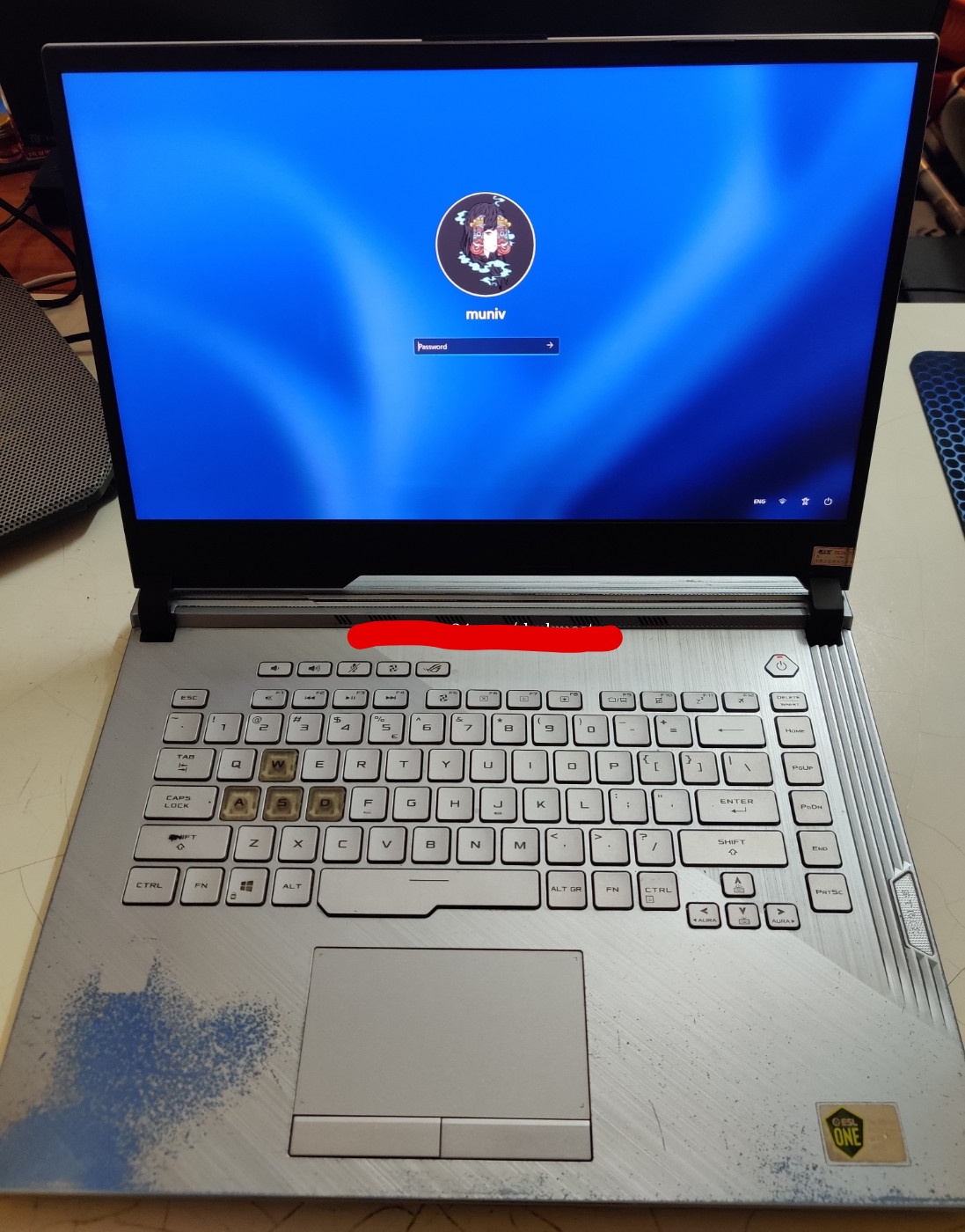this post was submitted on 16 Oct 2024
120 points (89.5% liked)
Linux
48044 readers
758 users here now
From Wikipedia, the free encyclopedia
Linux is a family of open source Unix-like operating systems based on the Linux kernel, an operating system kernel first released on September 17, 1991 by Linus Torvalds. Linux is typically packaged in a Linux distribution (or distro for short).
Distributions include the Linux kernel and supporting system software and libraries, many of which are provided by the GNU Project. Many Linux distributions use the word "Linux" in their name, but the Free Software Foundation uses the name GNU/Linux to emphasize the importance of GNU software, causing some controversy.
Rules
- Posts must be relevant to operating systems running the Linux kernel. GNU/Linux or otherwise.
- No misinformation
- No NSFW content
- No hate speech, bigotry, etc
Related Communities
Community icon by Alpár-Etele Méder, licensed under CC BY 3.0
founded 5 years ago
MODERATORS
you are viewing a single comment's thread
view the rest of the comments
view the rest of the comments

Sure - and you're limited to systems that use an AMD chip. Consequences. I'm sure you justify this to yourself though.
I don't think - I know. Because one is integrated with the kernel and built and distributed with it and the other is a separate module. This isn't something unique to nvidia either - my system has modules from system76 as well as v4l2loopback that are also compiled separately.
But since I install my packages using "apt" they are all managed by dkms and I don't need to worry about it. Because I took a few minutes to learn about how my computer works.
This is the literal definition of a consequence. 🤣
Fucking hell...
Consequence: "a result or effect of an action or condition."
e.g "being stuck buying only amd kit"
Oh no, absolutely nothing else to add. I don't want to confuse you with "software engineer speak". Enjoy the self-imposed ignorance.
You mean like not being able to use a system with an Nvidia card? 🤣
OMG dude. This is pathetic.